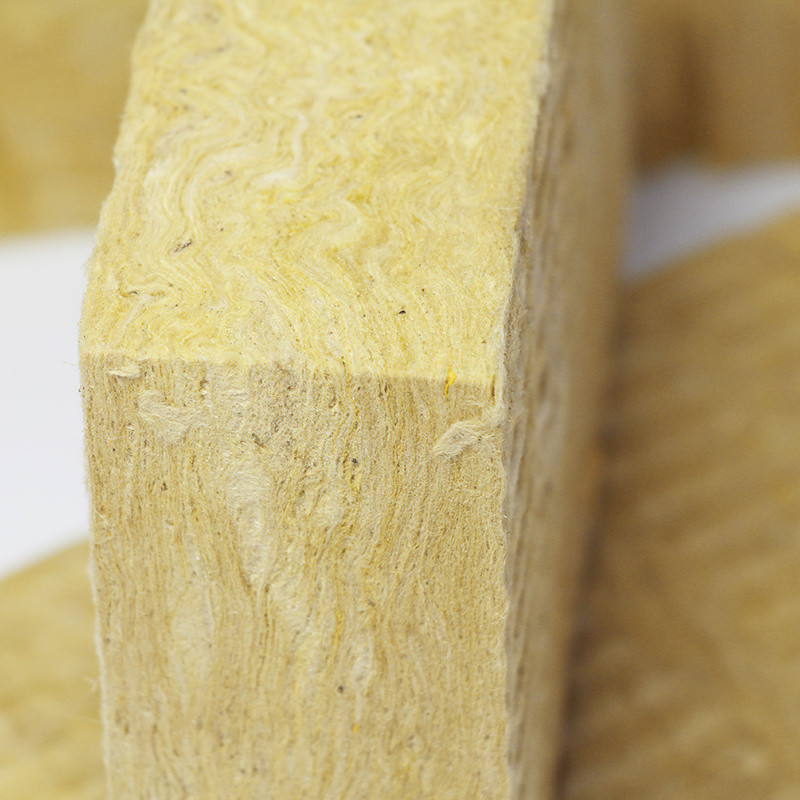
Rockwool Sound Insulation
Sound insulation is a crucial element in creating peaceful and quiet environments, whether in homes, offices, or industrial spaces. Rockwool sound insulation is one of the most effective solutions available, offering excellent noise reduction and improving acoustic comfort. In this blog, we’ll explore how Rockwool can be used for soundproofing, its benefits, and why it’s an ideal choice for noise control.
What is Rockwool Sound Insulation?
Rockwool sound insulation is made from natural basalt rocks, which are melted at high temperatures and spun into fibers. These fibers create a dense, fibrous material that effectively absorbs and dampens sound vibrations. The unique structure of Rockwool helps prevent sound from traveling through walls, ceilings, and floors, making it an ideal choice for both residential and commercial applications.
Benefits of Rockwool Sound Insulation
- Superior Sound Absorption
One of the primary benefits of Rockwool sound insulation is its ability to absorb sound. The dense and fibrous structure of Rockwool helps to reduce the transmission of sound, particularly in mid to high frequencies. This makes it an excellent choice for soundproofing in spaces that need to minimize noise from external sources, such as busy streets, or control sound between rooms, such as in apartments or offices.
- Noise Reduction in Multiple Environments
Whether you are looking to soundproof a music studio, home theater, office space, or simply want to reduce noise between rooms in your home, Rockwool offers superior sound insulation performance. It can be used in various applications including:
- Walls: Reduce sound transmission between rooms or from external noise sources.
- Floors and Ceilings: Minimize noise from foot traffic, television, or conversations between floors.
- Industrial Applications: Control noise in factories, machinery rooms, and other industrial settings.
- High Acoustic Performance
Rockwool’s ability to absorb sound is particularly noticeable in higher frequencies, such as human speech, air conditioning noise, or even the sound of footsteps. It is highly effective at reducing both airborne sound (voices, music, traffic noise) and impact sound (footsteps, machinery noise), making it versatile for various soundproofing needs.
- Fire Resistance
In addition to its soundproofing qualities, Rockwool is fire-resistant, capable of withstanding temperatures up to 1,000°C without melting or releasing harmful gases. This makes it an excellent choice for not only noise control but also fire safety in residential and commercial buildings.
- Moisture Resistance
Another advantage of Rockwool is its resistance to moisture. It doesn’t absorb water, preventing mold growth and ensuring that your sound insulation will maintain its performance even in humid environments. This is especially important in spaces like basements or bathrooms where moisture levels may be higher.
- Eco-Friendly
Made from natural, abundant basalt rocks, Rockwool is an environmentally friendly insulation material. It is also fully recyclable, contributing to sustainability efforts in construction projects.
Applications of Rockwool Sound Insulation
- Residential Soundproofing: Whether you’re trying to block out street noise or reduce sound transmission between rooms in your home, Rockwool is a highly effective solution. It’s often used in bedrooms, home theaters, music rooms, and offices.
- Commercial and Office Spaces: In office buildings and conference rooms, reducing sound transmission can improve productivity and communication. Rockwool sound insulation can help create quieter environments for meetings and collaboration.
- Music Studios: For musicians or sound engineers, controlling sound is critical. Rockwool is commonly used in music studios to reduce noise leakage and ensure optimal acoustic conditions for recording and mixing.
- Industrial Settings: Rockwool can be used to reduce the noise generated by machinery, ventilation systems, and other equipment in factories or industrial plants.
Why Choose Rockwool for Sound Insulation?
Rockwool’s combination of acoustic performance, fire resistance, moisture resistance, and sustainability makes it the perfect material for soundproofing needs. Its versatility and ability to perform in a variety of environments set it apart from other insulation materials, making it an excellent investment for long-term noise reduction.
Ready to Improve Your Space with Rockwool Sound Insulation?
If you’re looking for effective soundproofing solutions, Rockwool sound insulation is the ideal choice. Browse our range of Rockwool products today and get the quiet, comfortable space you’ve always wanted. Contact us now to learn more about the benefits of Rockwool and how it can improve the acoustic comfort of your home or office!